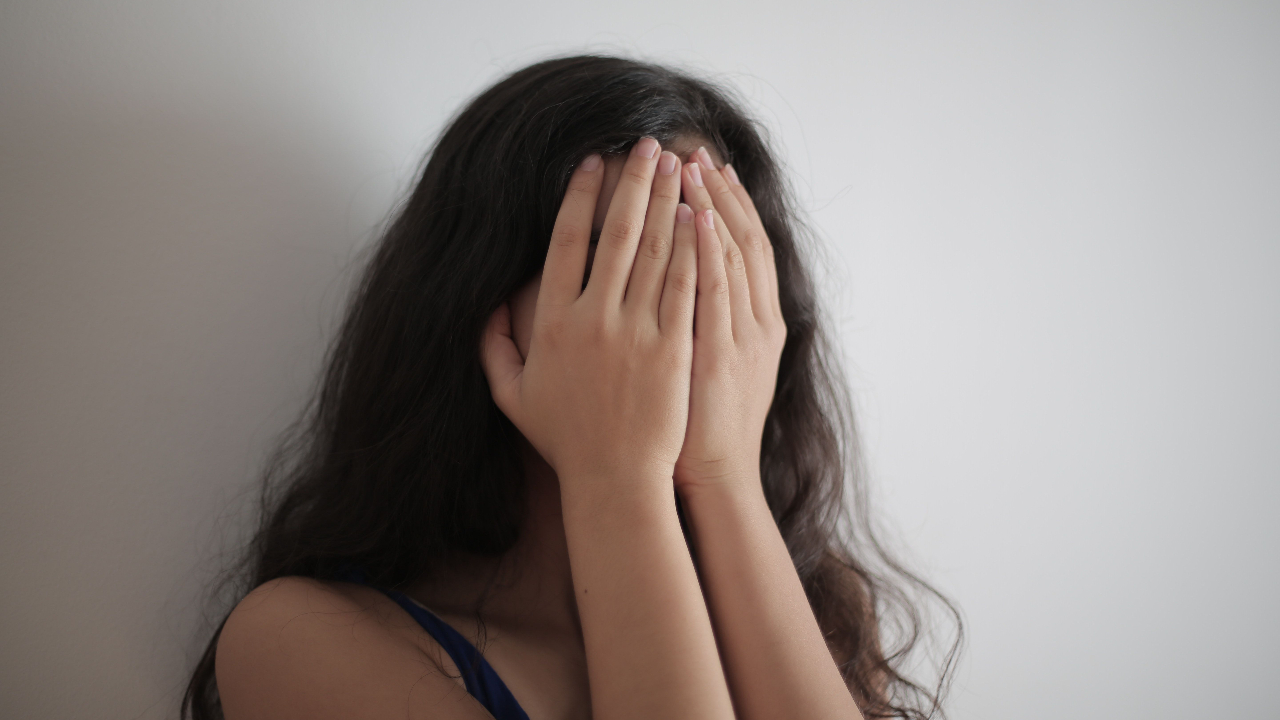Guilt and 6 things You Can Learn From It

Our children feel shame and guilt, especially when parents react to them with anger and punishment. Shame and guilt have lasting effects on children’s development unless parents are aware enough to know their child and their behavior is not the same. Parents who teach rather than punish, connect rather than reprimand, and the child can integrate the correction and still feel like a good person.
Many people think that guilt and shame are the same thing. You feel shame when others know what you've done. The thought that goes along with shame is “I am a bad person”. Shame is a deeper emotion, and hence more difficult to resolve. It affects the whole sense of self of a person.
You feel guilt when you’ve done something that only you know. The thought that goes along with guilt is “I did a bad thing”. Guilt is more simply resolved by taking steps in the right direction. It does not mean guilt is not deeply felt. It is only because guilt is more action-oriented, that the path to resolution is simpler.
Here are six things to think about when you feel guilt:
Guilt comes from fear. Your growth and healing requires challenging fear and cultivating more love. Holding onto thoughts and feelings of guilt does not support you or anyone else and prevent you from experiencing life. Making mistakes is part of life and everyone experiences it. Guilt reminds us to love ourselves even when we mess up.
Guilt impairs your ability to learn from your experiences. When you see something that you could have done differently, or wish you had done differently, remember how you could have spoken or acted in love instead of fear so that you can apply what you have learned next time (not to make yourself feel more guilty). Your experiences are designed to inform, support, and benefit you, not cause you to contract into fear and remorse.
Guilt and regret come from a fear of harming others. Following fear with fear moves you in the opposite direction of healing. When we regret what we have done, it is always loving to address our error with the other person with compassion for yourself and for the other.
Guilt keeps you from being honest with others and yourself. You cannot cause emotional pain in another person. You can trigger emotional pain in someone else, but the pain that is triggered comes from inside them (not from you). It is an opportunity for them to learn about themselves. Your actions are your responsibility. If they come from fear rather than love, they will create painful consequences for you.
The relationship between guilt and forgiveness may surprise you. Guilt is actually a twisted or manipulative way of seeking forgiveness. It is the belief that if you inflict suffering on yourself for your choices, another will forgive you for them. This is the perspective of fear inside of you that feels guilty.
You cannot give the gifts that you're meant to give while you are feeling guilty. Your gifts may be to raise a family, create a new kind of business, write books, dance, or any of countless things. Whatever it is, it will fulfill you as you give it and lead you to your next gifts. It will bring you joy. You cannot give any of your gifts while you are caught in fear – for example, anger, jealousy, despair, superiority, inferiority, and guilt.
Practicing compassion and empathy with ourself and our kids when we make mistakes, or act impulsively is key. Remember, your child is a young human who will experience many delinquencies, just like us grown humans do and that is an inevitable part of life as we grow.



